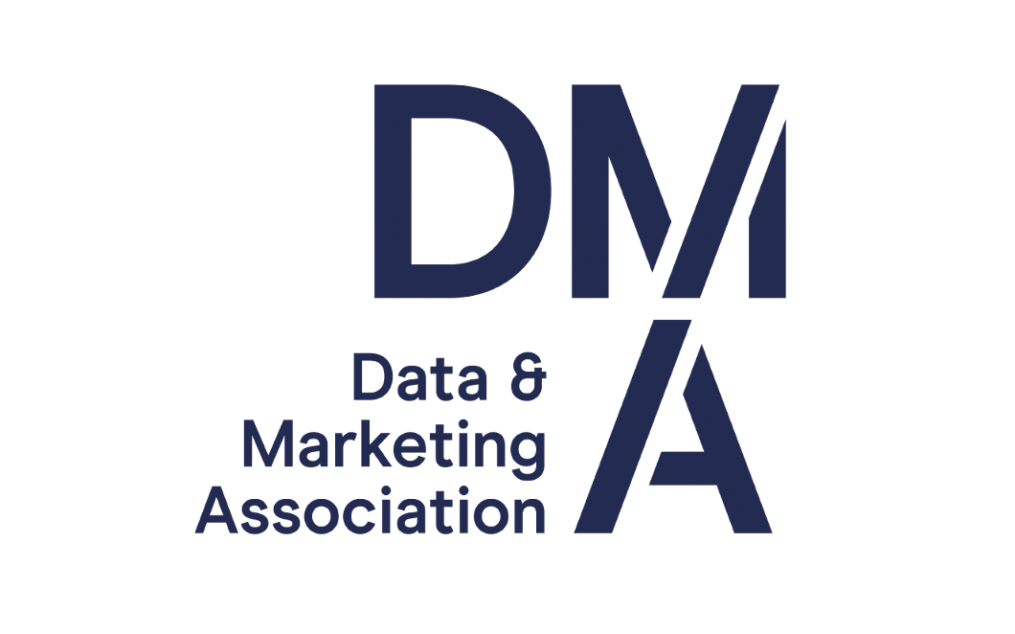Already a member? Sign in below

Two of the biggest areas of impact from direct mail are paper waste and plastics. The DMA invests time and resource into promoting discussion around what they as an organisation, as well as the wider marketing industry, can do to reduce waste and research eco-friendly alternatives.
When it comes to paper, back in 2004, the DMA signed a voluntary producer agreement with the Department of the Environment & Rural Affairs (DEFRA), committing the marketing industry to a target of 70% of all direct mail waste to be recycled by 2013. This target was reached four years ahead of schedule and ended up on an audited level of 76%.
Of course, in addition to recycling and reuse of materials, reducing use is key for minimising waste and emissions. Between 2013 and 2017, annual volumes of unaddressed mail fell considerably from 6.6 billion to 5.7 billion. Additionally, in the 12 months leading up to July 2018, the total weight of door drop material reduced by 3650. This paints a picture of an industry becoming more aware of the environmental impact of direct mail marketing.
Already a member? Sign in below
If your company is already a member, register your email address now to be able to access our exclusive member-only content.
If your company would like to become a member, please visit our Front Foot page for more details.
Enter your email address to receive a link to reset your password
Your password needs to be at least seven characters. Mixing upper and lower case, numbers and symbols like ! " ? $ % ^ & ) will make it stronger.
If your company is already a member, register your account now to be able to access our exclusive member-only content.